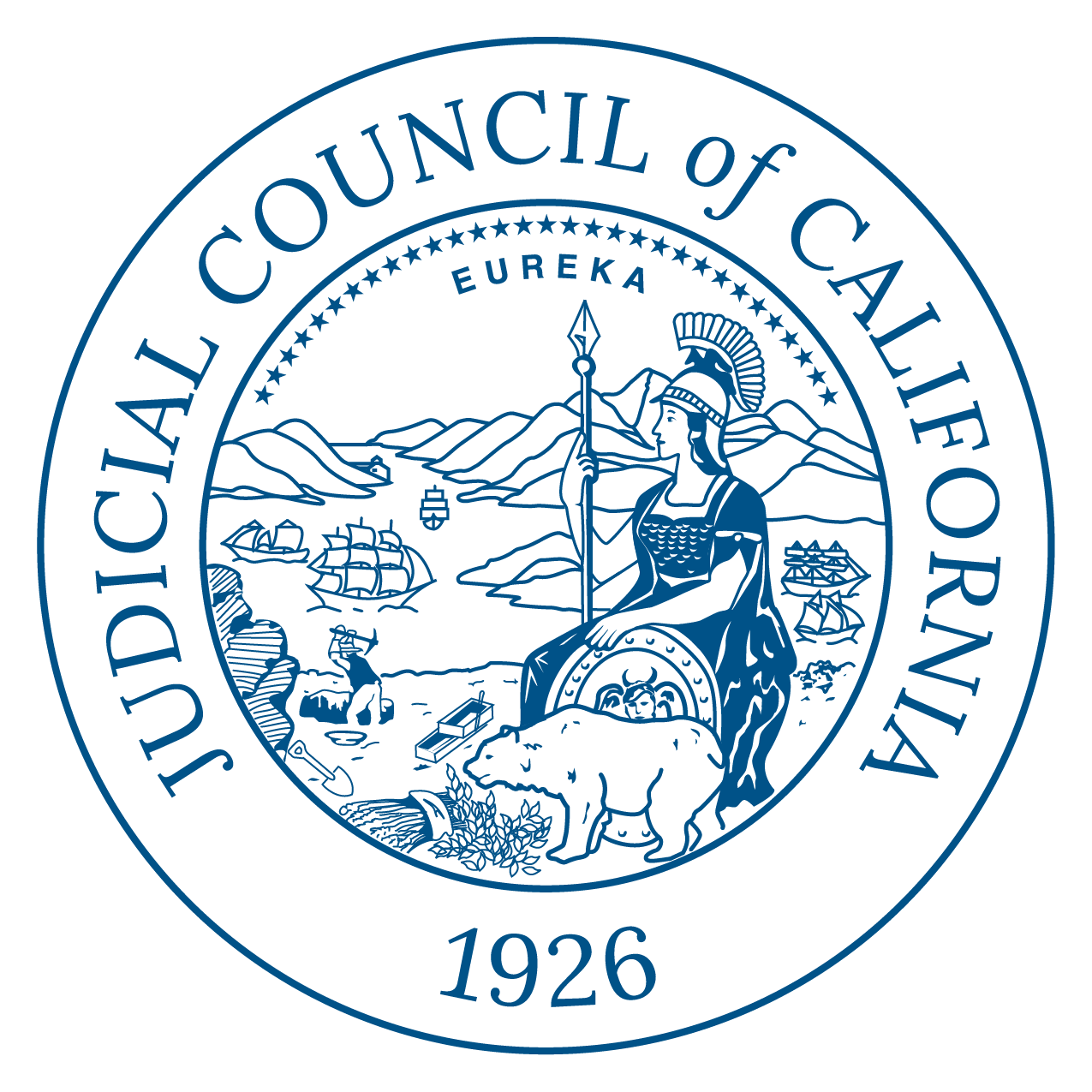Judicial Council to Get Update on New Model Policy on the Use of Generative AI by Courts
SAN FRANCISCO—The Judicial Council at its February 21 business meeting will hear about a new model policy to ensure the responsible and safe use of generative AI in court administration.
Developed by the AI Task Force, the model policy can be adopted or modified by courts that permit the use of generative AI, as needed. The task force will also detail its ongoing work, including plans to develop further guidance for courts adopting generative AI policies, as well as for judges using generative AI in their adjudicative role.
Chief Justice Patricia Guerrero last year announced the launch of the task force to evaluate generative AI for its potential benefits to courts and court users while mitigating risks to safeguard the public.
“Generative AI brings great promise, but our guiding principle should be safeguarding the integrity of the judicial process,” said Chief Justice Guerrero back at that May council meeting. “That means it will be essential for the branch to assess what protections are necessary as we begin to use this technology.”
Other Items on Council Meeting Agenda:
Caseflow Management: The council will hear a presentation from the chairs of its Trial Court Presiding Judges Advisory Committee and Court Executives Advisory Committee that will focus on the importance of effective caseflow management to improve access to justice and efficiency in the courts.
Certification Programs for American Sign Language (ASL) Court Interpreters: The council will consider revised guidelines to modernize the application process for program certification, support the recognition of additional ASL court interpreter testing entities as they become available, and maintain rigorous certification standards while expanding the pool of qualified interpreters.
Addressing Costs to Provide Court Interpreters: The council will consider augmenting its funding for court interpreters to address shortfalls due to increasing costs and expenses. The allocations would help maintain current levels of interpreter services for court users.
Funding for Courthouse Lactation Rooms: The council will review a report to the Legislature that details how the judicial branch has added 32 new lactation rooms for the public at its courthouses, as well as plans to complete an additional 71 in the next 18 months. More state funding is needed to address the remaining, assessed need for an additional 154 more lactation rooms in superior court facilities statewide.
Partial Restoration of Trial Court Operations Funding: The council will consider how to allocate the approximately $42 million funding restoration provided by the state to partially offset the $97 million reduction to trial court operations funding included in the Budget Act of 2024. The funding restoration will help courts begin restoring services that were decreased in response to the $97 million reduction.
The complete council meeting agenda and council reports are posted to the California Courts Meeting Information Center. A link to a live webcast of the meeting will be on the California Courts website on the day of the meeting.


